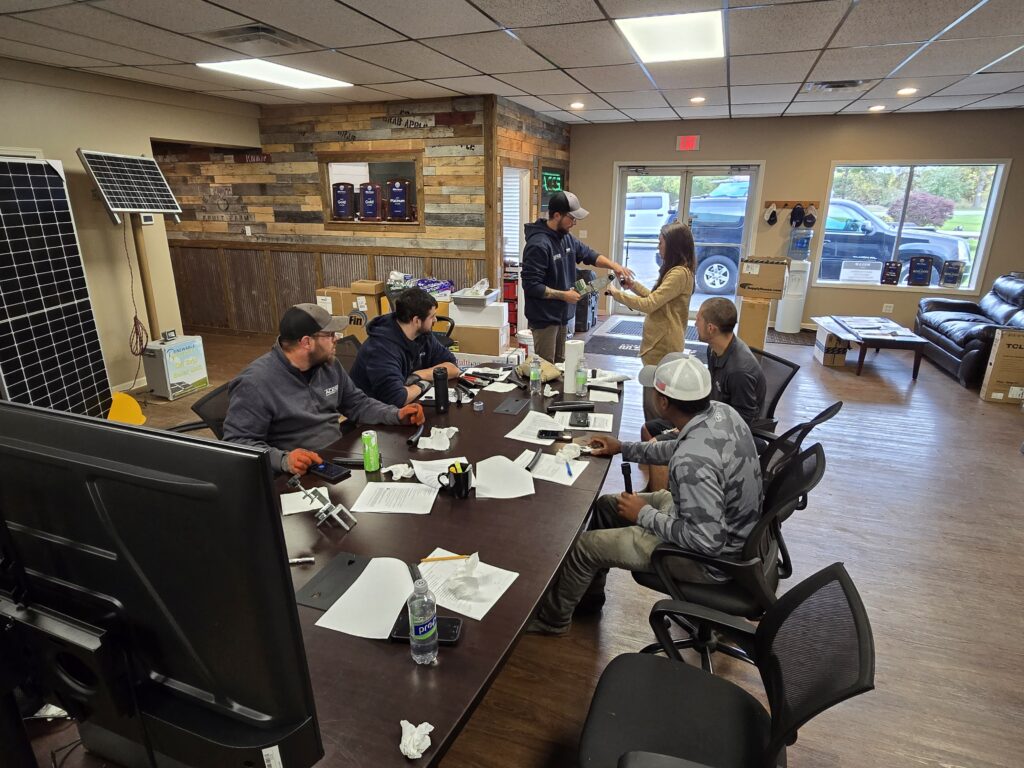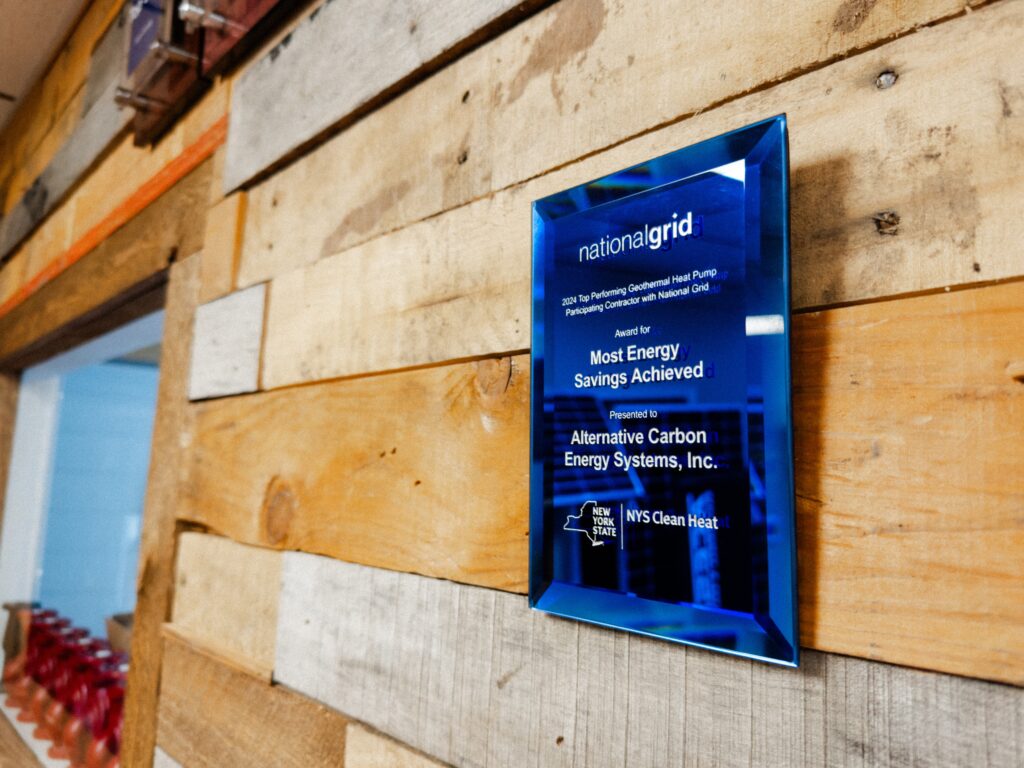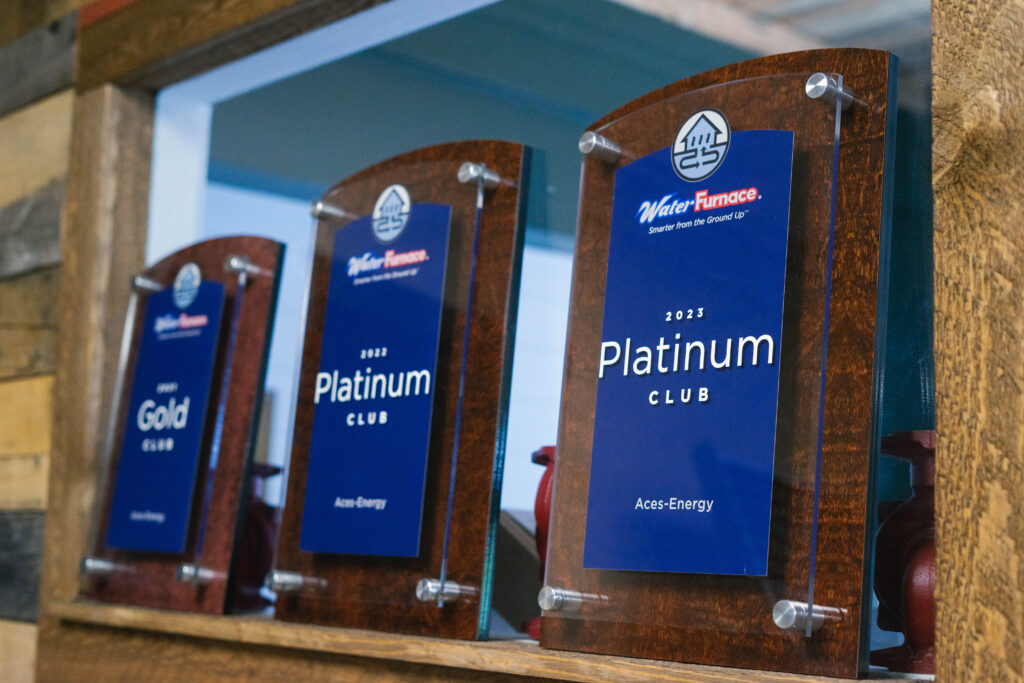Investing in a geothermal heat pump system is one of the smartest ways to cut energy costs, reduce your carbon footprint, and increase your home’s comfort year-round. But the quality of your system depends on the expertise of the installer who designs and installs it.
Choosing the right geothermal installer can make the difference between decades of reliable, efficient operation and years of frustration. Here’s what to look for when evaluating geothermal heat pump contractors.
1. Proven Geothermal Experience
Geothermal systems are very different from standard HVAC equipment. They require an understanding of both mechanical systems and earth loop design — where the heat exchange takes place underground.
A qualified installer should:
- Have many years of dedicated geothermal experience, not just HVAC work.
- Be able to show examples of completed projects, ideally ones similar to your property (urban retrofit, rural horizontal trench, commercial site, etc.).
- Demonstrate familiarity with local soil and geology, since ground conditions directly affect loop design and efficiency.
Tip: Ask how many geothermal systems they’ve installed in your area. Experienced installers will gladly share references and performance data from past projects.
2. Proper Certifications and Training
Geothermal installation is highly technical work, and training matters. Look for certifications such as:
- IGSHPA (International Ground Source Heat Pump Association) certification — the gold standard in the industry.
- Manufacturer designations, such as WaterFurnace GeoPro Dealer, which indicate factory training and support.

3. Full-Service Capabilities
A reliable geothermal contractor should offer end-to-end service, including:
- Site evaluation and system design
- Loop-field drilling or trenching
- Equipment installation and integration with your ductwork or radiant heating system
- Commissioning, testing, and balancing
- Ongoing maintenance and support
Avoid contractors who only handle part of the process and subcontract the rest without coordination — that’s often how performance issues arise later.
4. Strong Local Reputation
Because geothermal systems are long-term investments, reputation and service track record are critical.
Look for:
- Verified customer reviews on Google, BBB, or industry directories
- Testimonials specifically mentioning system performance and support after installation
- Recognition, awards or participation in professional groups like NY-GEO, or local green-energy programs (Climate Solutions Accelerator! or Amped!)
A company with a long list of satisfied clients is more likely to stand behind its work for the 20-plus-year lifespan of your system.

5. Clear, Transparent Proposals
Geothermal projects can vary widely in price depending on site conditions, drilling depth, and home size. The best installers will provide:
- A detailed written quote showing loop-field, heat pump equipment, and installation specifics
- Information about rebates, tax credits, and financing options available in your area
Transparency upfront helps you compare proposals accurately and avoid hidden costs later.
6. Technical Precision in Design
The performance of a geothermal system depends heavily on correct sizing and loop design. Look for installers who:
- Perform a Manual J load calculation for your home
- Evaluate soil type, groundwater, and available land area
- Choose between horizontal, vertical, or pond loop systems based on data — not guesswork
Installers who emphasize “custom design” rather than “one-size-fits-all” are more likely to deliver efficient, balanced systems.
7. Long-Term Maintenance and Support
A geothermal system should last decades — but only if it’s maintained properly. The best installers:
- Offer maintenance and have a dedicated service team
- Provide system monitoring and annual performance checks
- Respond quickly to service calls or warranty issues
Ask how long they’ve been in business and what happens if you need support five or ten years down the road.
8. Commitment to Education and Sustainability
Top-tier installers don’t just sell systems — they educate customers. They’ll explain how geothermal heating works, how to operate your thermostat efficiently, and what maintenance you can do yourself.
They’ll also be familiar with state and federal incentive programs — helping you maximize rebates and tax credits while reducing your upfront cost.
Final Thoughts
A geothermal heat pump system is one of the best energy investments you can make, but it’s only as good as the team that designs and installs it.
When choosing an installer, prioritize:
- Experience
- Certification
- Transparency
- Local reputation
- Ongoing support
A company that meets all these criteria will ensure your system performs efficiently, quietly, and reliably for decades — keeping your home comfortable and your energy bills low.

COMMENTS